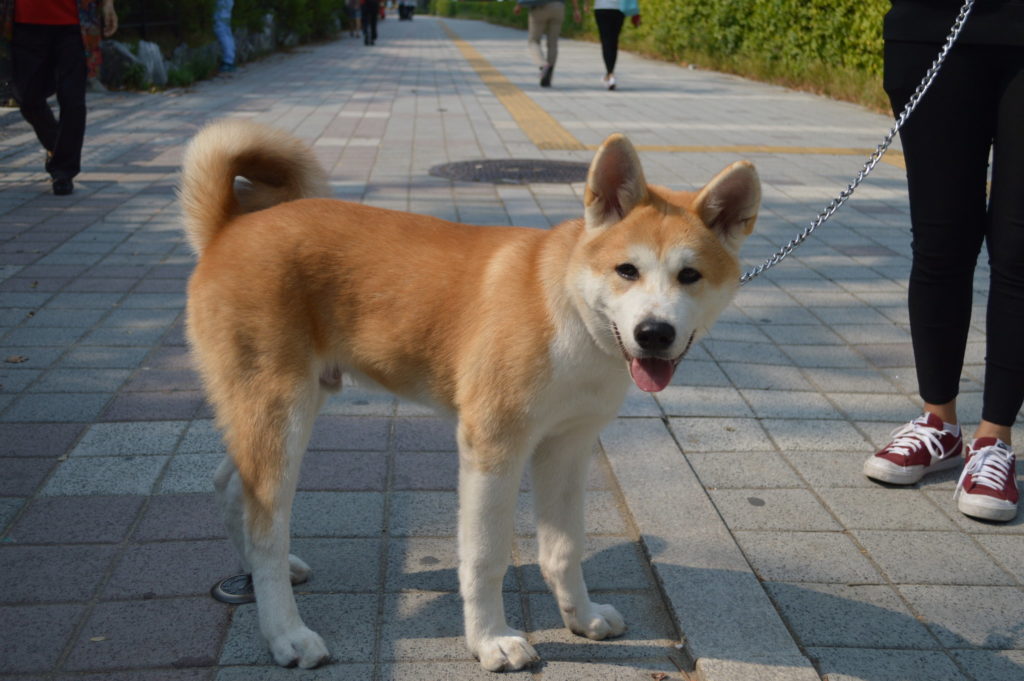The Peninsula
Cuisine Traditions Spotlight Generational Divide
Published May 8, 2022
Author: Kayla Harris, Korea View
Category: Current Events, South Korea, Culture

On May 4th, Agricultural Minister nominee Chung Hwang-keun announced that he will push to end dog meat consumption. This culinary practice has been in place for centuries in Korea, creating a widespread discussion on whether the possible ban would be appropriate. While older generations and traditionalists oppose the ban, younger generations and animal rights activists are delighted with this recent proposal. While the issue has been controversial for many years, the forward movement on the issue may signal another space where the youth are exerting a more forceful role.
In recent years, Koreans have increasingly chosen to eat more ethically, opting in particular for meat substitutes to offset greenhouse gases emitted by livestock. With this in mind, many young Koreans are appalled at the idea of eating dogs, considering them companions rather than food and further arguing that the practice is cruel. But some Koreans view dog meat as a part of a long tradition despite the overall popularity of dog meat falling in the country. They claim that dog meat soup also caries health properties.
The younger generations are a particularly vocal group on this issue. Their role as swing voters in the 2022 presidential election has already prompted the government to increase its focus on this cohort. During his campaign, President-elect Yoon Suk-yeol expressed his opposition to eating dog meat but noted that social consensus would be required to ban the practice by law.
This briefing comes from Korea View, a weekly newsletter published by the Korea Economic Institute. Korea View aims to cover developments that reveal trends on the Korean Peninsula but receive little attention in the United States. If you would like to sign up, please find the online form here.
Korea View was edited by Yong Kwon with the help of Kayla Harris, David Lee, Sarah Marshall, and Mai Anna Pressley. Picture from the flickr account of Matthew’s Adventures in Korea
